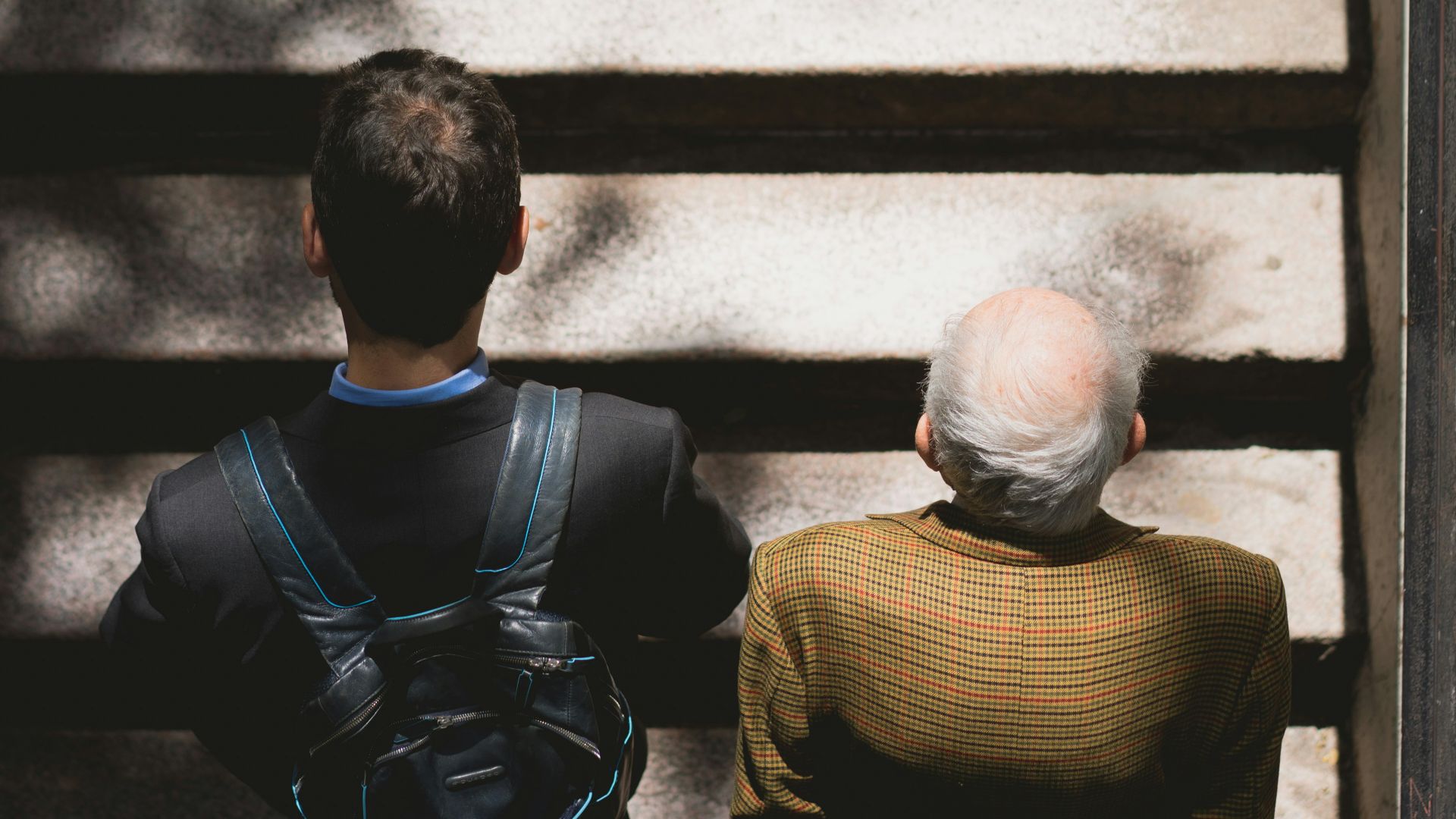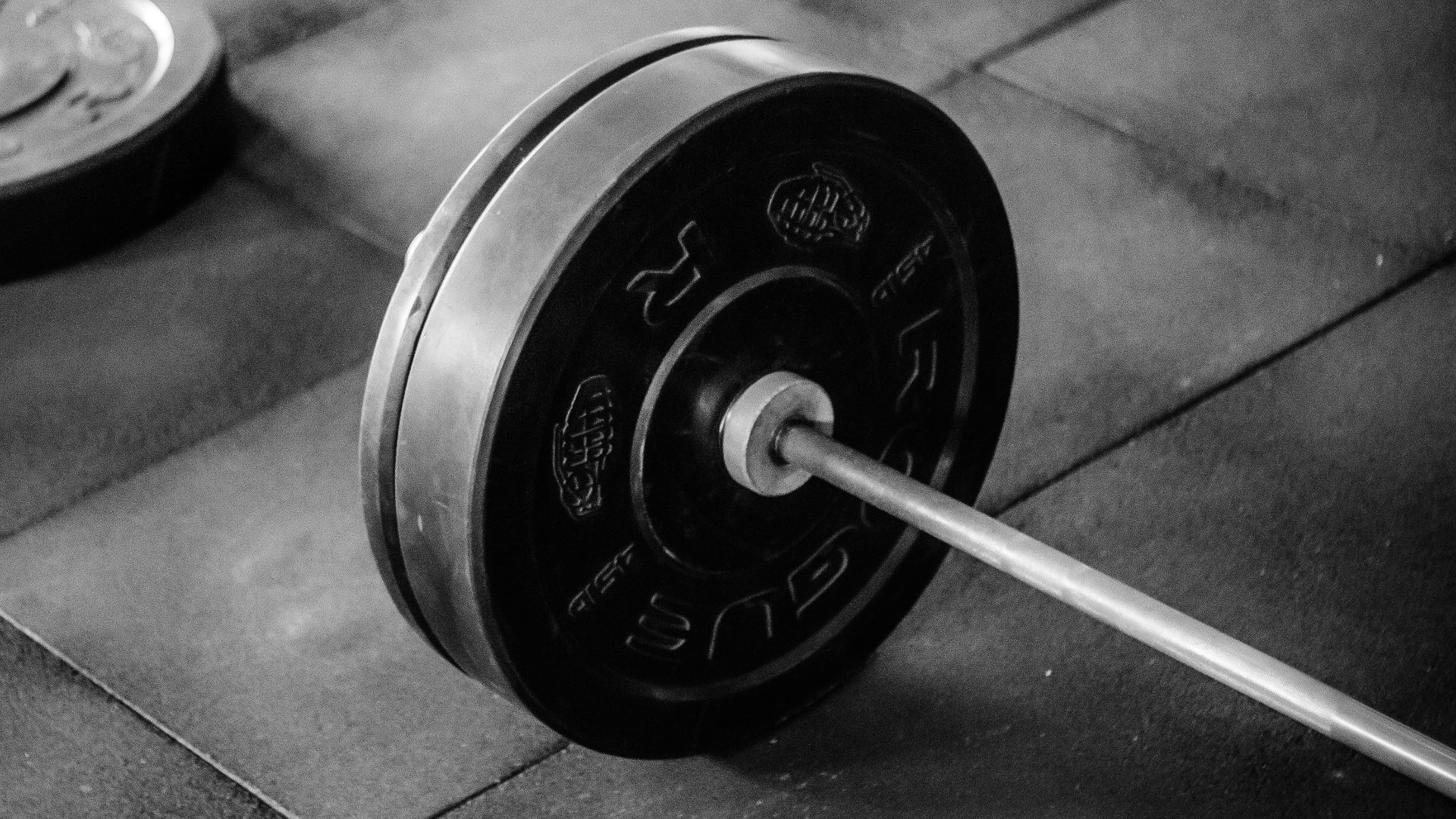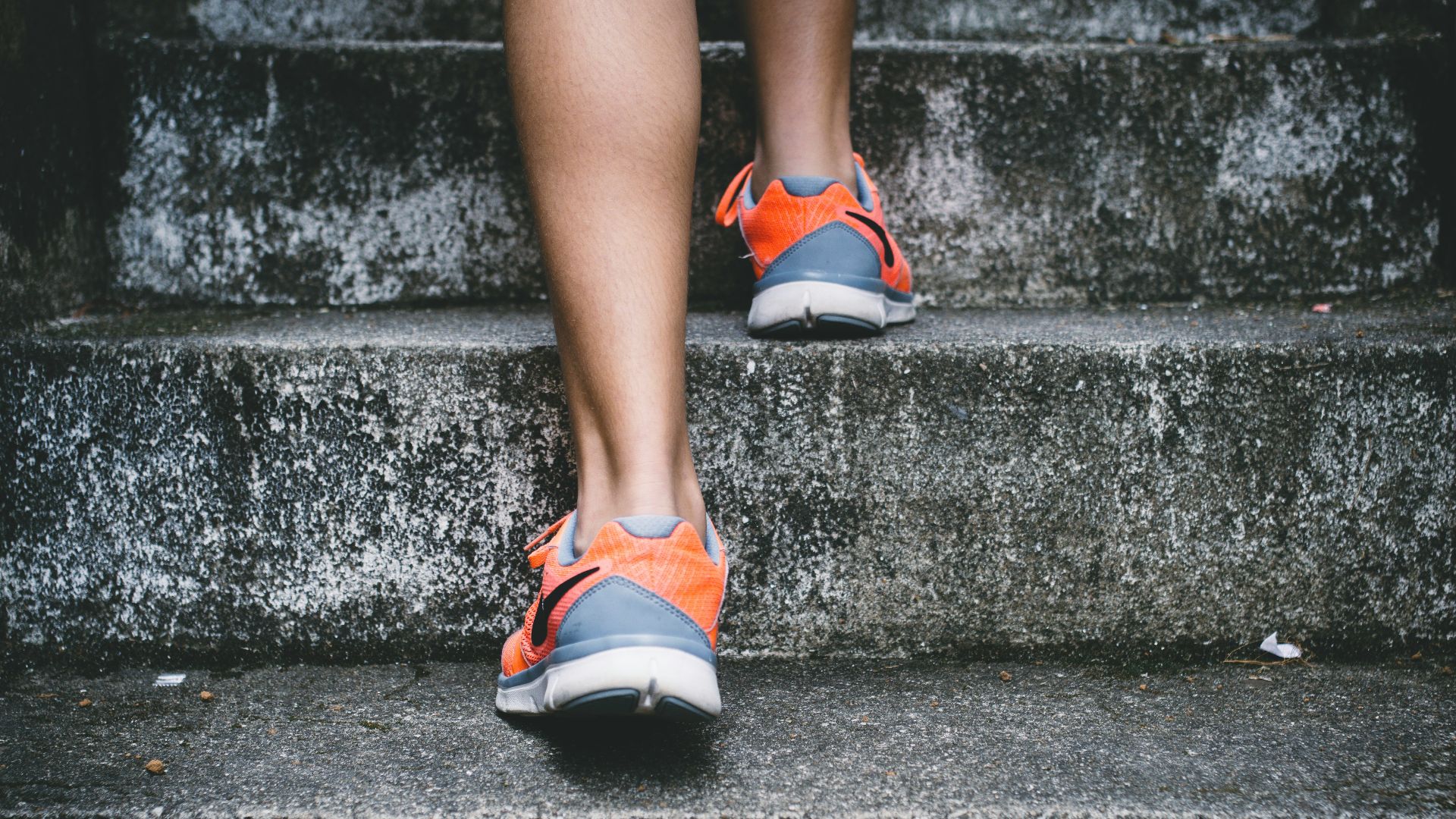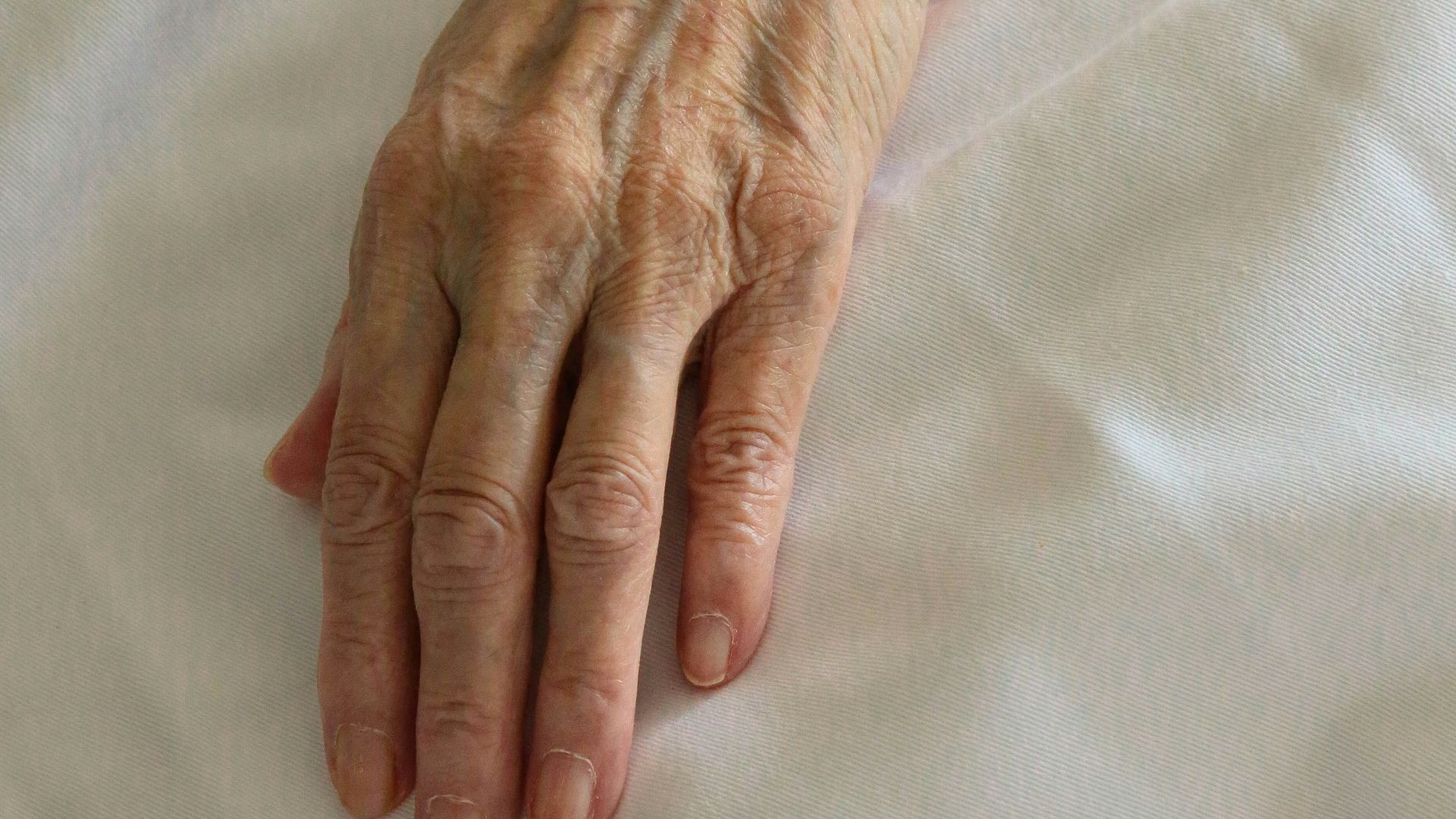Changing With The Times
As you age, your body experiences a number of different changes, some more apparent than others. Your metabolism, muscle and bone density, and brain function will all adapt as you age. Knowing what to expect will help you stay active and take care of yourself to stay as strong, healthy, and happy as possible. With that in mind, here are 5 things to expect as you age.
1. Muscle Decrease
As we age, our muscle mass naturally decreases, a process called sarcopenia. This may make daily tasks feel more difficult and increase the risk of falls or injuries. Resistance and strength-training exercises can help slow muscle loss and preserve function.
2. Slower Metabolism
As we get older, our metabolism naturally slows down. This can make it easier to gain weight, even if we don't change our diet. This is because our bodies require fewer calories to maintain the same level of activity.
3. Skin and Hair
Some of the most common physical signs of aging are wrinkles, sagging skin, and gray hair. These changes result from decreased collagen production, slower cell turnover, and hormonal changes. Although they are a natural part of the aging process, proper skincare, hydration, and sun protection can help reduce their impact.
4. Bone Density
As we age, our bones become less dense and more prone to breakage. This makes fractures and osteoporosis more likely. Calcium, vitamin D, and weight-bearing exercise are important for bone health. Regular checkups and screening can also help detect early bone loss and avoid complications.
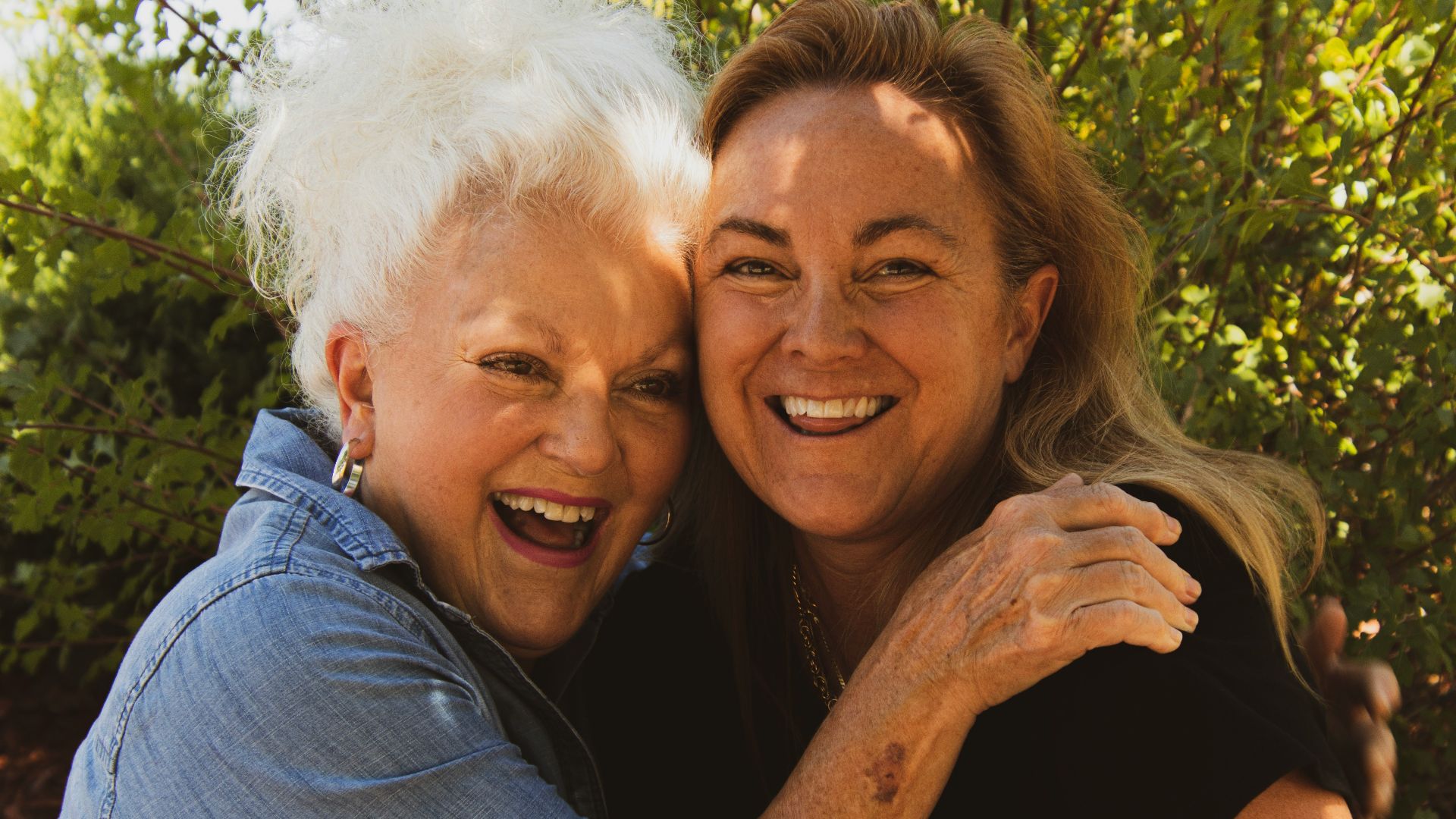 LOGAN WEAVER | @LGNWVR on Unsplash
LOGAN WEAVER | @LGNWVR on Unsplash
5. Fuzzy Memory
Aging can result in slow processing speed, memory lapses, or trouble concentrating. However, it is still possible to have good brain health. Mild cognitive changes are normal with age, but it is important to keep your brain active and engaged.


